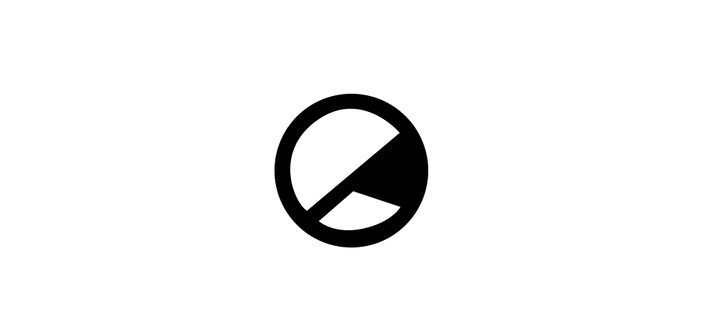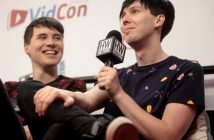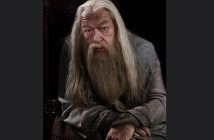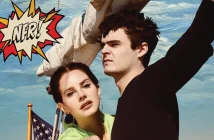In January 2020, Marvel Studios announced that the first transgender character in a MCU film is on their way, with Kevin Feige hinting that it may be in the upcoming film The Eternals which is due to be released in November 2020. However, after some initial surprise, the reception to the news has been lukewarm.
Many fans have expressed their disappointment at the promotion of Avengers: Endgame which claimed that the film would display an LGBTQ character during the narrative, which in reality turned out to be co-director Joe Russo’s cameo in a role that had little to no impact on the plot of the film and could easily be overlooked. With the Russo Brothers saying that representation was important to them, it felt to some fans that they were being pandered to, that Marvel was instead just earning themselves ‘gratitude points’ for doing the bare minimum in terms of LGBT representation.
However, Marvel has received backlash in the past from their depiction of LGBT characters in previous films; Tessa Thompson’s Valkyrie who was first introduced in Thor: Ragnarok held several small scenes showing the character’s bisexuality which were ultimately cut from the final film. The clip in question was merely a woman seen walking out of Valkyrie’s accommodation on alien world Sakaar; an appearance that lasts less than 15 seconds but was cut for driving away attention from the main plot.
Numerous characters in the Marvel comics are of the LGBT community, from the pansexual merc-with-a-mouth Deadpool (played by Ryan Reynolds), to Miss America whose comic is also written by Queer writer Gabby Rivera. Both Thompson and Reynolds have expressed their desire to portray the sexualities of such characters faithfully to the source materials, with X-Men actor Shawn Ashmore – who portrayed Iceman in four of the series’ adaptations – saying that he would portray the character as gay after they came out in a 2017 comic run. Even fan-favourite character Loki (portrayed by Tom Hiddleston since Thor in 2011) is referred to by Odin as “[his]child, who is both son and daughter” in the comics, noting that they are genderfluid.
Captain Marvel’s actress Brie Larson is among the actors who had spoken out about this lack of representation in the past, with Ryan Reynolds suggesting that the lack of representation is done by Marvel to appease foreign censors in countries such as China. Disney has owned Marvel Studios since 2009, and has received similar backlash from some of their other projects. Star Wars: The Rise of Skywalker, featured a brief clip of a same-sex pair kissing towards the end of the film. The clip lasts less than five seconds and was edited out of releases around the world.
Film is escapism, but audiences would relate to these characters far more if they saw elements of themselves in them. People will find the Norse God of Thunder and a talking tree from the far reaches of the galaxy perfectly believable, but a loving and faithful homosexual relationship is too ‘controversial’ to be placed into film? Most of the fan calls for such representation don’t even have that much of an impact on the plot – maybe just a quick kiss goodbye between a man and his husband, or a simple word amidst conversation.
It’s evident that the representation in the Marvel franchise has increased since it’s inception, however, when compared to the cultural climate these films are now being released into and the desires of the audience to see themselves represented on screen, Marvel is perhaps not doing enough to show this. Both fans and cast alike are calling for the representation to be shown, so why are they waiting?
Watch the recent promotional video released by Marvel regarding their upcoming projects below:




